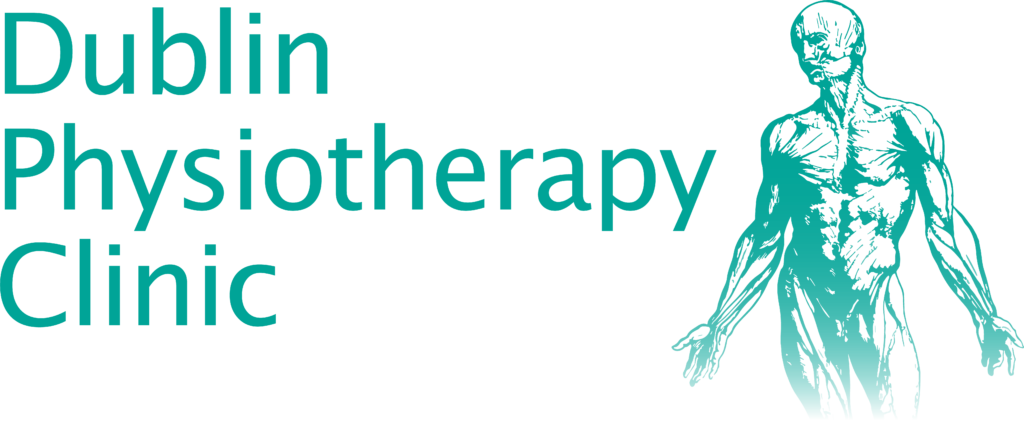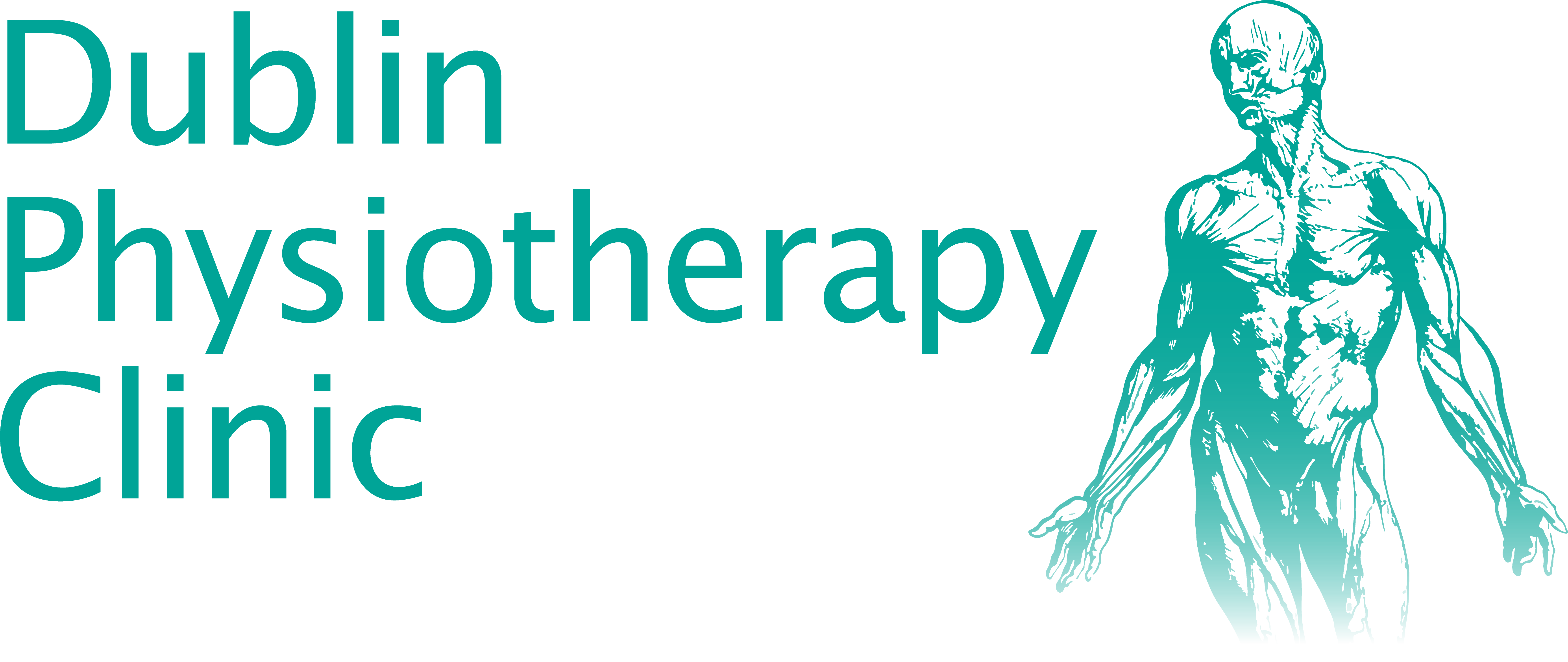In this week’s video, David Fitzgerald from Dublin Physiotherapy talks about something patients should know about – the importance of adding home exercises to a care plan.
While most practitioners often suggest implementing a few extra exercises in their patients routine, there are also a few cases when this step seems to be neglected.
Watch David’s video below to hear more of what he has to say about this huge factor in the healing process and how some exercises are different from others. And if you would prefer to read an extract of his video, then keep reading this post to learn some of the key points discussed today.
Why is home exercise important for the healing process?
From a general point of view, home exercises are usually prescribed to minimise the amount of one-to-one contact needed between patient and therapist. The first step is always the assessment, which is carried out by the therapist to identify what’s the deficit that is causing a specific issue. They then prescribe the patients some exercises that will facilitate the treatment techniques that have been or will be done as part of the in-house care plan. This, of course, can vary depending on the type of issue; from flexibility related exercises to exercises to strengthen weakened muscles. So, there is a spectrum of different kinds of exercises, some most suitable than others for certain issues.
Although you can find home exercise programmes online, it is clear that seeking specialist advice is the best way to go about it, as you will need to be clearly assessed before any exercise can take place. As you can imagine, in fact, despite sounding very generic (neck exercises, back exercises), there are certain positions and exercises that might also create even bigger damage. The importance of a professional assessment is to underline the mechanism that is wrong and identify the corrective exercise that is most suitable for the situation. So, the primary reason practitioners prescribe home exercises is to reduce the one-to-one time, there is however another reason why this is important. As David says, in fact, to produce effective training effects it is necessary to exercise regularly (every day would be ideal) and this isn’t often possible. That’s when home exercises come in; they give patients the chance to keep up with their exercise routine in their spare time, without having to leave the house to go to the gym every day.
Doing something in a systematic way is the best way to speed up the healing process, allowing you to get back to doing your favourite activities.
What happens when patients don’t do their home exercises
Very often it is the case that patients come back to their practitioner feeling guilty for not doing their exercises. David believes that there is no point instigating the patients’ guilt and actually prefers to simply explain to them that the lack of home exercises will slow down their healing process slightly. While this is an organisational issue, there are also some cases in which the patients decide to give up home exercises because they don’t see any benefits from it. When this happens, therapists should stop and question themselves on the effectiveness of the home exercises they prescribed to their patients.
So, it is important that practitioners are transparent with their patients; home exercises are simply a way of speeding up the healing process. It is, therefore, possible to heal without them, it will just take longer. Once this has been made clear, then it’s time for both parties to put some effort into it. It is essential that patients understand what their priorities are and decide whether or not it’s worth spending their time exercising. On the other hand, if patients don’t see any benefits from their exercise routine, then it is the practitioner’s job to identify the issue and come up with a different exercise that should be more suited to their needs.
Just like everything else, perseverance and determination will make home exercise work and, ultimately, will speed up the healing process for any patient.
So make sure you watch the full video above to know more about the importance of home exercise and keep an eye out for next week’s new video with David Fitzgerald.




